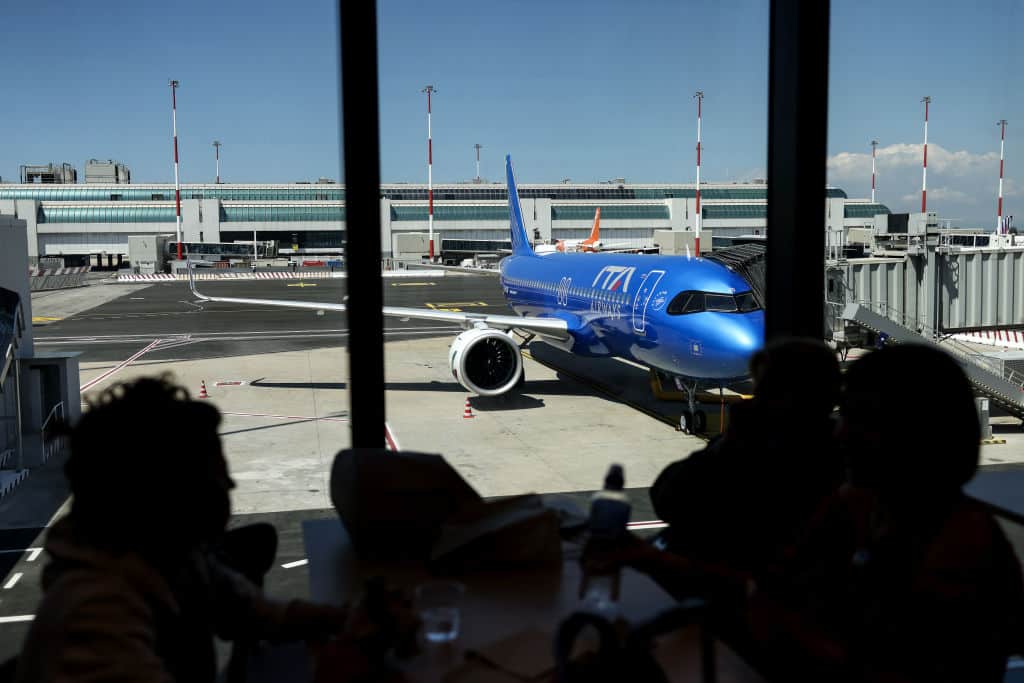TOPLINE
Hundreds of Airbus jets are being recalled for an inspection after an issue was discovered in the engines, which are made by Pratt & Whitney, a third party subsidiary of RTX (formerly called Raytheon Technologies), according to multiple reports—the latest in a series of reliability issues with Pratt & Whitney’s flagship engine.
KEY FACTS
RTX reportedly said it recently discovered contamination in the metals used to make some engine parts on its geared turbofan engine, or GTF, from 2015 to 2020, requiring the planes to be grounded for inspection.
RTX will be inspecting about 1,200 engines over the next year.
RTX said this isn’t a flight safety issue, and that it won’t impact new shipments of planes as those were built after a change in the production process.
The engines are used in about 40% of Airbus’ A320neo single-aisle jets, which make up a large portion of the global airplane fleet and was the fastest selling airplane in history after its launch in 2014, according to Bloomberg.
Loading...
Spirit Airlines, JetBlue Airways, Germany’s Lufthansa and India’s IndiGo all reportedly use Airbus jets with the GTF engine.
CRUCIAL QUOTE
“It’s going to be expensive,” RTX CEO Greg Hayes said Tuesday on an earnings call, adding that it’s too early to know the final cost, but said it will likely cost around $500 million in 2023 alone.
TANGENT
Raytheon Technologies’ stock price plummeted over 15% after the news, but slightly recovered later in the trading day Tuesday. The share price sat at $85.77 at 2:55 p.m. Eastern Time—still down nearly 12% from Monday’s close.
KEY BACKGROUND
The GTF engine has had reliability issues since it hit the market in 2015, with airlines complaining about the engine’s durability issues virtually from the start. Hawaiian Airlines was recently forced to ground five of its 18 Airbus A321neos due to engine issues, Aviation Week reported. Spirit Airlines CFO Scott Haralson recently said in an earnings call that the company has been forced to remove many of the engines, and that while it’s hopeful these issues improve, “it will likely remain a drag on utilization for the rest of the year.” Go Airlines India has gone so far as to blame the engines for its bankruptcy in May, citing that the engines “suffered from a multitude of defects and a high rate of failure effectively from day one.” (Pratt & Whitney deny responsibility for Go Airlines India’s bankruptcy.) Bloomberg reported that in May, about one in eight A320neos and related aircraft with the GTF spent 30 days or more in storage. While that number includes airplanes that were taken out of service for any reason, only 4% of airplanes using the rival Leap engine from CFM were sidelined for 30 days or more.
FURTHER READING
Pratt & Whitney Struggles To Get Its Dream Engine Program Humming (Forbes)
New Engines on Hundreds of Airbus Jets Recalled for Inspection (Wall Street Journal)
Loading...
